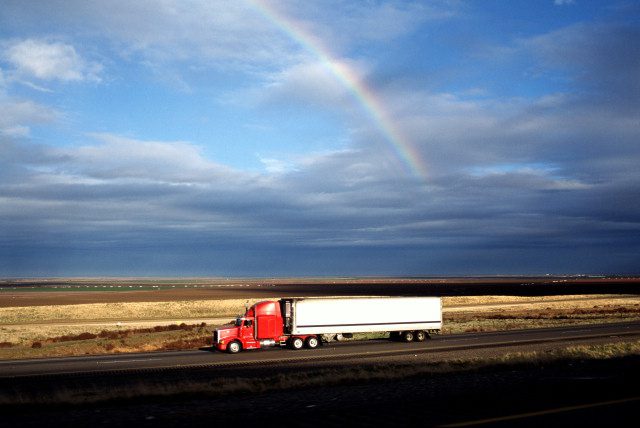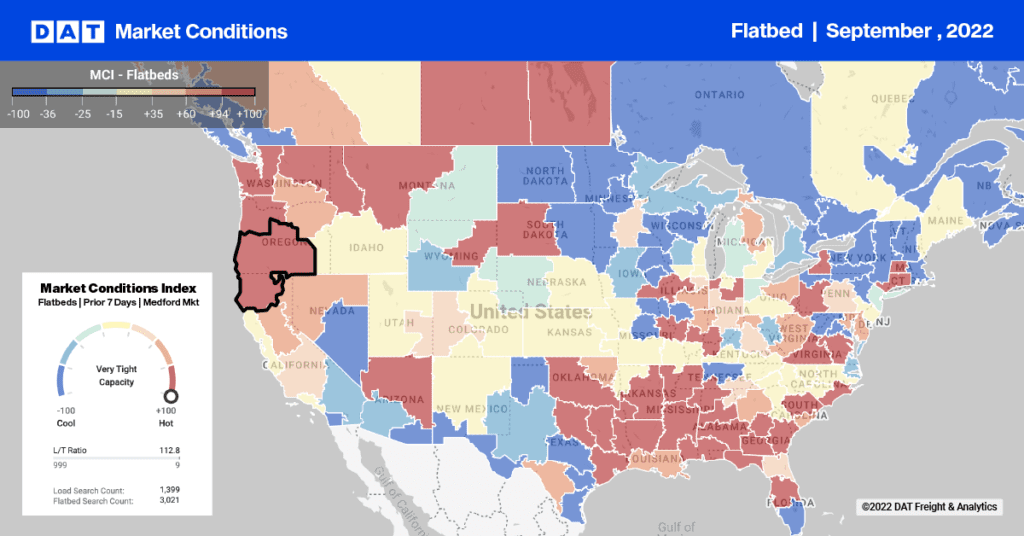Everyone wants to help out in a time of emergency, and truckers are some of the most charitable and compassionate people I know. So a lot of owner-operators looked for opportunities to haul emergency supplies to Houston and other areas hit by Hurricane Harvey in 2017.
You can also make some money — or at least avoid a huge financial loss — if you change your pricing to suit situations like this. I’m not being cynical — it doesn’t do any good to anyone, least of all your family, if you price your services too low, and then you can’t pay your bills next month.

During Harvey, there were a lot of loads on the DAT load board that listed Houston as the destination. In situations like this, you have to keep in mind that it will be a while before highways and arterial roads re-open. So the Federal Emergency Management Agency (FEMA) stage freight outside the storm zone. So in the case of Harvey, you saw loads heading to various locations in or near San Antonio, Dallas, and Lafayette, LA.
Many of the FEMA loads are posted by large freight brokers with names that should be familiar to you. If you haven’t worked with them before, check their credit scores and days-to-pay, then look them up in DAT Company Reviews to see what other carriers had to say about them in the past.
What should you charge for FEMA loads? I can’t tell you what to charge, but be aware that when you’re handling freight for emergency relief, you could be held over for a long time, and after you finally unload, you’re pretty much guaranteed to leave with an empty trailer.
Here is some hard-earned advice about handling FEMA loads, so you won’t lose your shirt:
1. Take your back haul with you. What does that mean? It’s very unlikely that you’ll get a load out, so you need to adjust your rate accordingly.
2. Include layover and detention pay in the rate agreement. You’ll see loads at $5.00 per mile, which sounds great, but remember that it could take days to get offloaded.
3. Ask the broker about quick pay, or try invoice factoring, to improve cash flow. Government agencies are not exactly known for fast payment. Factoring can help you to get paid right away.
4. Safety is your #1 priority. If you see water covering the road, just don’t go there.
5. HOS rules are suspended for some FEMA loads, but it’s not a sure thing. Verify all the rules before you take the load.
For more advice, and more details, I invite you to join Rate Per Mile Masters on Facebook, to network with people who have experience with FEMA loads.
Chad Boblett is the owner and driver of Boblett Brothers Trucking of Lexington, KY. Chad also founded the Rate Per Mile Masters group on Facebook, a communications hub for more than 13,000 members, including owner-operators, truck drivers, and other transportation and logistics pros.


